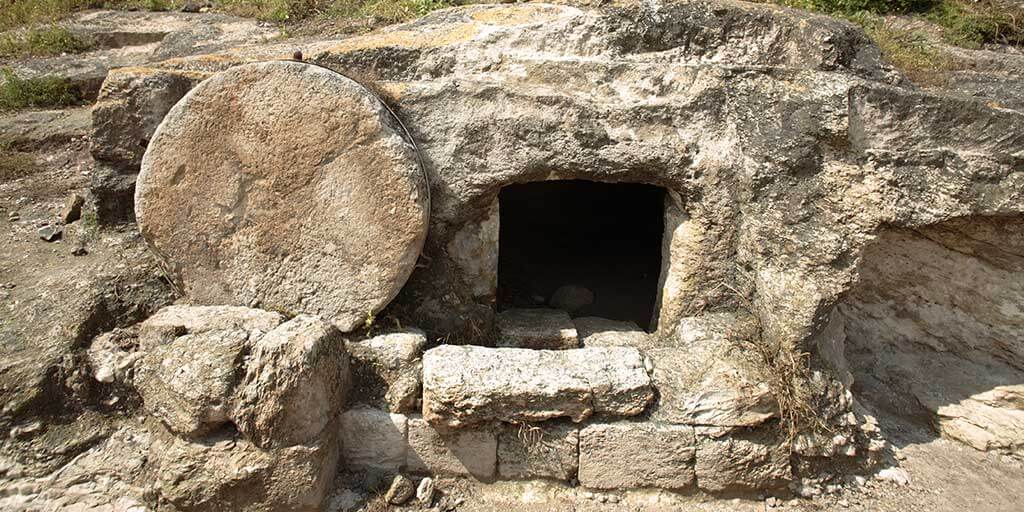The Life, Death, and Resurrection of Jesus as Evidence for the Existence of God

Where is the evidence of God’s existence in the Bible? Jesus of Nazareth was a remarkable individual by all accounts, John. New Testament historians have reached something of a consensus that the historical Jesus came on the scene with an unprecedented sense of divine authority, the authority to stand and speak in God’s place. He claimed that in Himself the kingdom of God had broken into human history. And as visible demonstrations of this fact, He carried out a ministry of miracle-working and exorcisms. But the most radical confirmation of His personal claims was His resurrection from the dead. If Jesus really did rise from the dead, that means that He must have been who He claimed to be, and that God has publicly vindicated those claims. Let’s look at the Evidence of God’s Existence.
Now, I realize that most people think the resurrection of Jesus is something you just believe in by faith. But, in my doctoral studies at the University of Munich on this subject, I was surprised to find there are actually four established facts which are agreed to by the wide majority of New Testament scholars today which I think are best explained by the fact of the resurrection.
- Number one is that following His crucifixion Jesus of Nazareth was laid in a tomb by a member of the Jewish High Court named Joseph of Arimathea.
- Secondly, that tomb was then discovered empty by a group of Jesus’ women followers on the Sunday morning following His crucifixion.
- Thirdly, thereafter different individuals and groups of people under a variety of circumstances and at different locales, saw appearances of Jesus alive from the dead.
- And number four, that despite every pre-disposition to the contrary, the original disciples suddenly and sincerely came to believe that God had raised Jesus from the dead.
Now, those facts are widely acknowledged by the majority of New Testament historians today. The only question is, how do you best explain them? And I’m convinced that the best explanation of those four facts is the one that the original eyewitnesses gave, namely, God raised Jesus from the dead.
Luke Johnson, who is a prominent New Testament scholar at Emory University, has written, “Some sort of powerful transformative experience is required to generate the sort of movement earliest Christianity was.” And N. T. Wright, who is a prominent British scholar, has concluded, “That is why as a historian I cannot explain the rise of early Christianity unless Jesus rose again, leaving an empty tomb behind Him.”
Down through history, people have proposed explanations of these facts—like the disciples stole the body, or Jesus wasn’t really dead. These have been universally rejected in contemporary scholarship. The plain fact is there just is no plausible naturalistic explanation of these four facts. And therefore it seems to me the Christian is amply justified in believing that Jesus rose from the dead, and was who He claimed to be, and that entails that God exists.
So we can summarize this Evidence of God’s Existence argument as follows:
- there are four established facts concerning Jesus of Nazareth—His honorable burial, His empty tomb, His postmortem appearances, and the origin of the disciples’ belief in Jesus’ resurrection;
- the best explanation of these facts is the hypothesis God raised Jesus from the dead;
- the hypothesis God raised Jesus from the dead entails that God exists;
- therefore, God exists.







